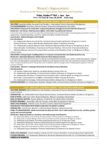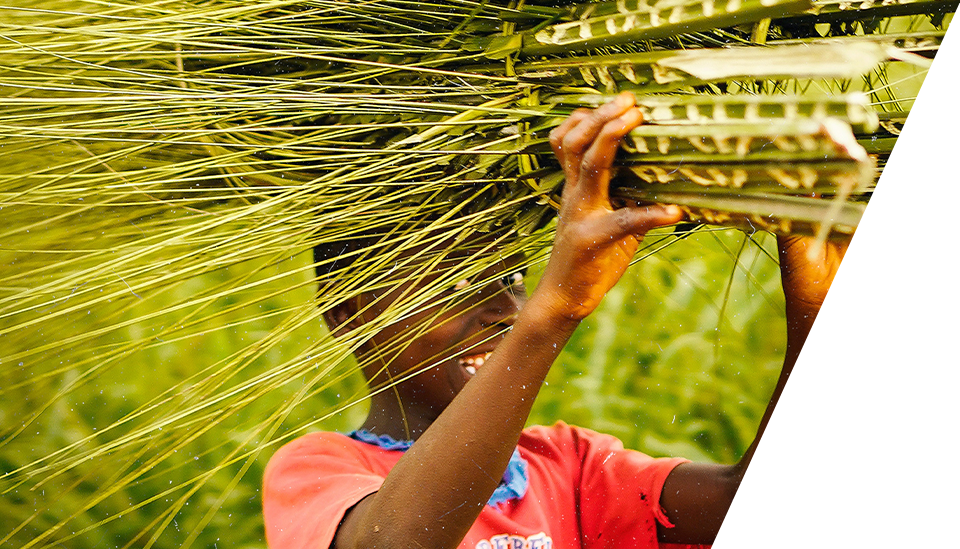Women’s Empowerment: Solutions at the Nexus of Agriculture, Nutrition, and Enterprise
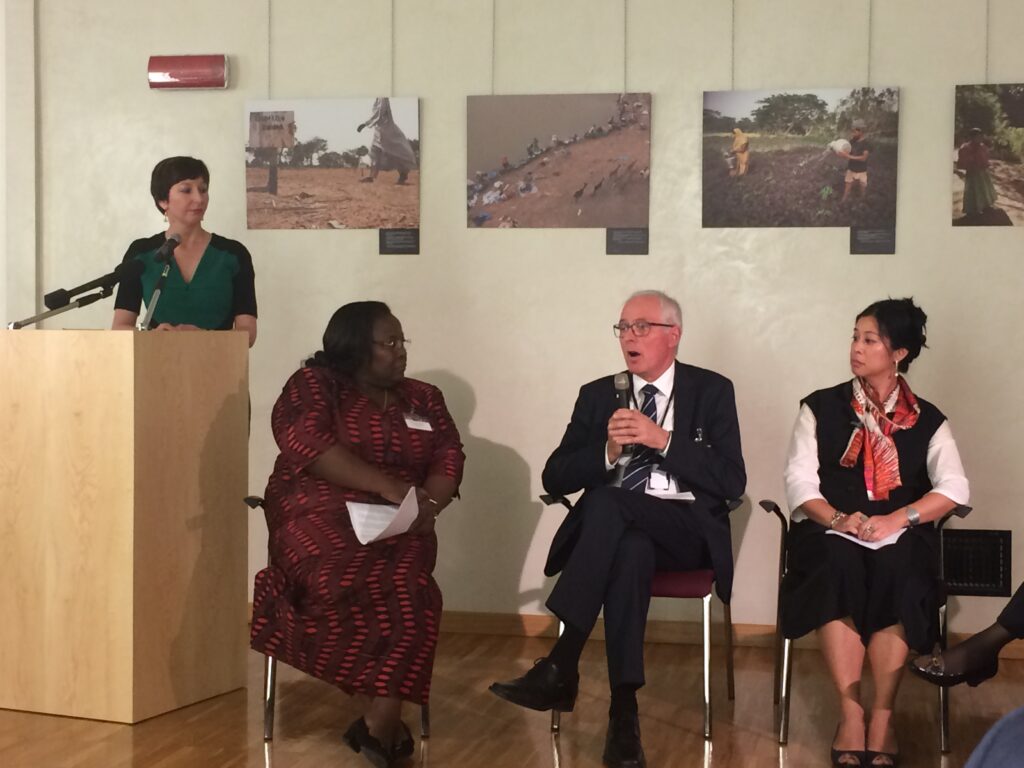
The Private Sector Mechanism (PSM) of the Committee on World Food Security (CFS) organized a roundtable discussion and high-level luncheon on women’s empowerment on Friday, October 9, 2015. Entitled “Solutions at the nexus of agriculture, nutrition, and enterprise,” the event took place at the International Fund for Agricultural Development (IFAD) in Rome, Italy, just before the annual meeting of the CFS.
A broad cross section of stakeholders from governments – including 14 Ambassadors to the Rome-Based Agencies, international organizations, academia, foundations, NGOs and delegates from the Private Sector Mechanism – addressed the barriers to women’s productive participation in food supply chains and entrepreneurship. The event focused on three key areas related to women’s empowerment in the food supply chain.
- Women’s access to productive resources (finance, tools, technology, land)
- Women’s contributions to health and nutrition and the impact on families and communities
- The role of women in fostering food security
Today, the world faces several interconnected challenges at the nexus of agriculture, nutrition, gender and development. In an effort to meet the nutritional needs of a growing population, the Sustainable Development Goals singled out the need to End hunger, achieve food security and improved nutrition and promote sustainable agriculture (SDG Goal #2), to Achieve gender equality and empower all women and girls (SDG Goal #5) and to Promote sustained, inclusive and sustainable economic growth, full and productive employment and decent work for all (SDG Goal #8).
As several interventions demonstrated, women constitute about half of the agricultural labor force in East Asia, Southeast Asia, and Sub-Saharan Africa (Source: FAO) and are, therefore, key to helping eliminate malnutrition and hunger. They are often centrally involved in food and agricultural supply chains – as entrepreneurs, vendors, distributors and retailers – and in determining the nutritional needs of their families. However, the significant contributions women make to agriculture and food supply chains are often unrecognized. Their income and productivity are severely constrained by inequitable access to productive resources and by the fragmentation of their time. As the Farming First “The Female Face of Farming” infographic so strikingly shows, if women were given the same access to resources as men, they would achieve equal yield levels, boosting total agricultural output in developing countries by 2.5 to 4 percent.
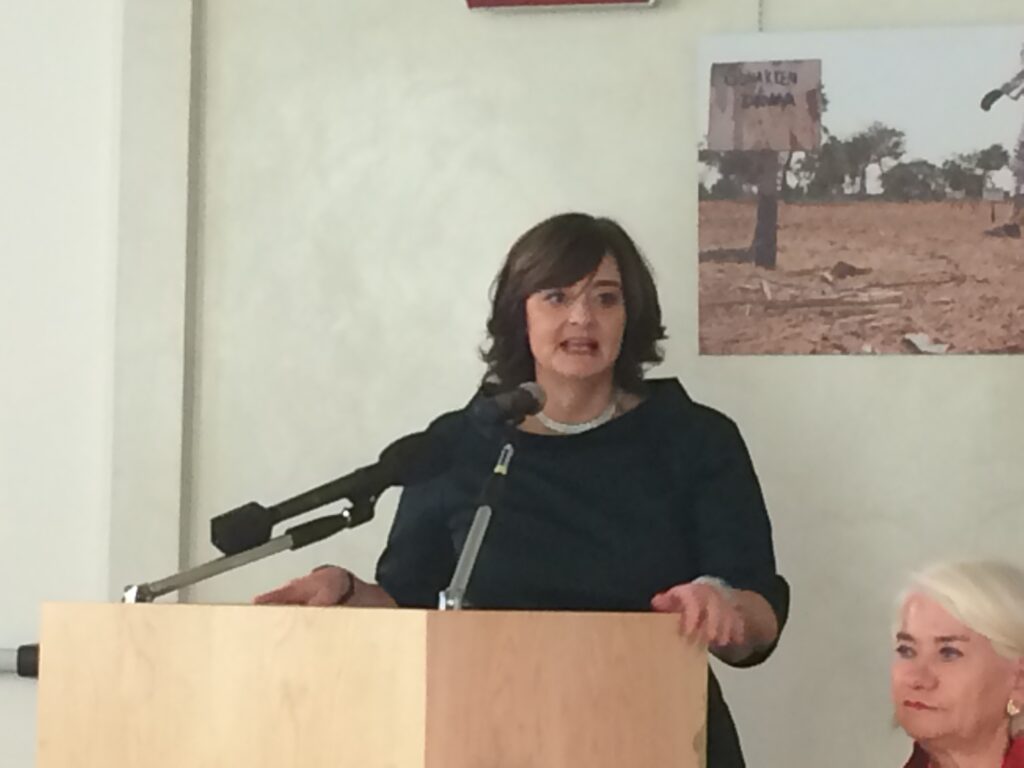
PSM Member Cesarie Kantarama, Vice-President of the East African Farmers Federation, addressed the impact of gender inequality on small women farmers in Africa. Ambassadors from Kenya, Brazil and Norway pointed out that empowering women in agriculture and supply chains not only improves food security and nutrition, but also creates a positive ripple effect in raising the standard of living for their families and strengthening their communities.
The roundtable was followed by a high-level luncheon with the participation of Cherie Blair, who made a poignant case for empowering women and girls to be successful farmers and agri-operators. She indicated that her exposure to women in need during her husband’s term as UK Prime Minister was the motivation to start a foundation focused on supporting women to become entrepreneurs. The Cherie Blair Foundation for Women implements sustainable solutions to the challenges women entrepreneurs face through three programmes:
- Enterprise Development
- Mentoring Women in Business
- Mobile Technology
As indicated by Ertharin Cousin, Executive Director of the World Food Programme, and Michel Mordasini, Vice-President of the International Fund for Agricultural Development, when women have more control over household assets and income, they invest more in their families’ food and nutrition, health, education and children’s well-being. WFP, IFAD and FAO are dedicating more of their programs, in particular social protection programs, to empowering women, who are stewards of their families. Thriving families are better positioned to contribute meaningfully to their communities, and a well-nourished population is better able to participate in the workforce. Thus, by empowering women in agriculture and supply chains, significant human, economic and overall sustainable development gains can be made.
Kasper Jakobsen, President and CEO of Mead Johnson Nutrition, underscored his company’s commitment to addressing women’s empowerment by sharing examples of community projects in the Philippines that were successful at enabling women to improve nutritional outcomes for their families. Many participants highlighted the importance of public-private partnership efforts to address the disparities faced by women and girls and to improve access to information and resources.
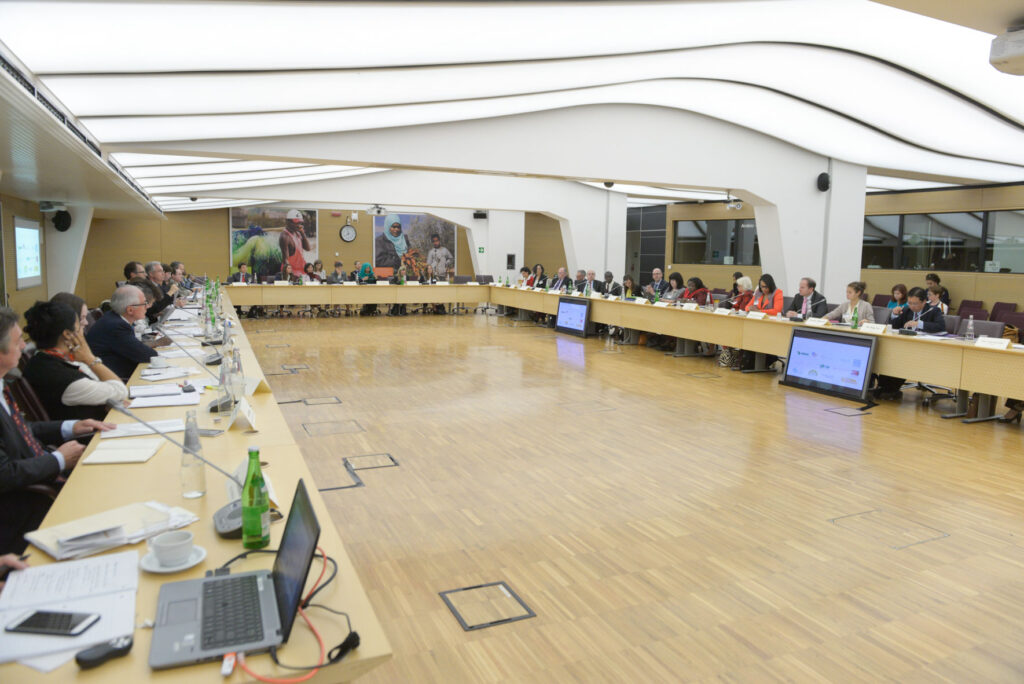
The World Bank and UN Women published a new report just last week on the Cost of Gender Gap in Agricultural Productivity in Malawi, Tanzania and Uganda. The report shows that the gender gap amounts to $100 million in Malawi, $105 million in Tanzania, and $67 million in Uganda per year. A large part can be attributed to differential access to male family labor in Tanzania and Malawi. Equalizing this access to male family labor would reduce the estimated gender gap 97 percent in Tanzania and 45 percent in Malawi.
The event in Rome demonstrated that the statistical evidence is there for the benefits to be derived from women’s empowerment and that the political will to advance the cause has been garnered. It is now time for concrete actions to empower women, in particular women farmers and rural women. October 15 marked the International Rural Women Day; they make up one quarter of the global population and need our collective support.
-
Women’s Empowerment – Event – Program
Women’s Empowerment: Solutions at the Nexus of Agriculture, Nutrition and Enterprise Friday, October 9th 2015 — 9am – 2pm
Download

